
Trimming and Anonymizing Surgical Videos
As the use of robotic assisted surgeries (RAS) increases, so does the amount of recording cameras in the operating room (OR). The data from these

As the use of robotic assisted surgeries (RAS) increases, so does the amount of recording cameras in the operating room (OR). The data from these
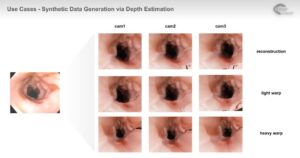
Every deep learning based system requires sufficient data for proper training and reliable testing. Therefore, data collection and annotation are the first and foremost required
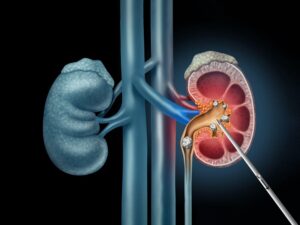
Urolithiasis, or kidney stones, is a common pathology affecting nearly 10% of the population in the USA. Percutaneous Nephrolithotomy (PCNL) is a minimally invasive urology
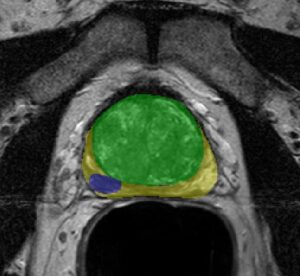
Prostate Cancer and PI-RADS scoring Prostate cancer is the most common male cancer in the USA. When diagnosed early, mortality rates are very low, therefore,
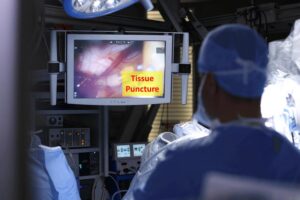
Success Rating and Dynamic Feedback Minimally invasive surgeries (MIS), specifically robotic assisted surgeries (RAS), generally have an improved outcome compared with standard surgeries. However, they
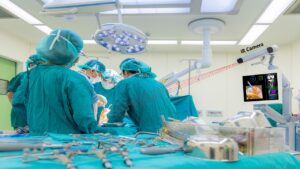
Orthopedic surgeries such as hip or knee replacement are performed via an incision which often compromises the surrounding tissue. The assimilation of RAS into these
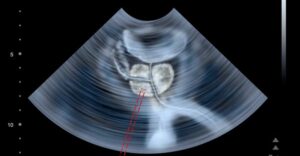
Challenges in Biopsies There are various types of urological cancers, the most common ones being prostate and kidney cancer. In cancer, early and accurate detection
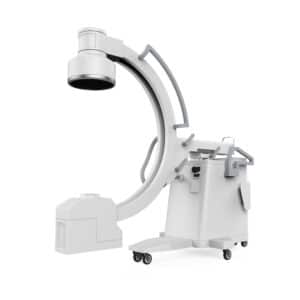
Fluoroscopy is an extremely useful imaging tool in surgical procedures in orthopedics, cardiology, GI, etc. In some cases, it is used as a real-time modality
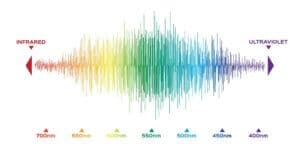
Standard imaging techniques make use of the visible light spectrum. As is known, the visible light is divided into three bands – red, green, and
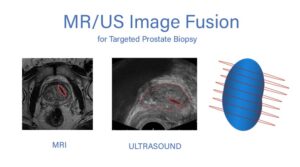
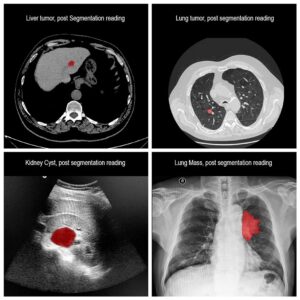
In the medical field, image analysis plays a crucial role in both diagnosis and treatment. Its central tool is segmentation, which involves partitioning an image
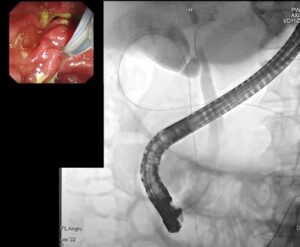
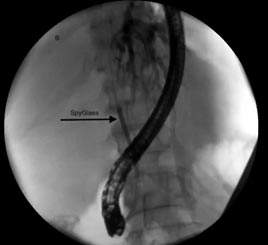
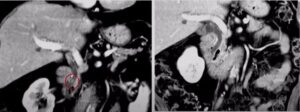
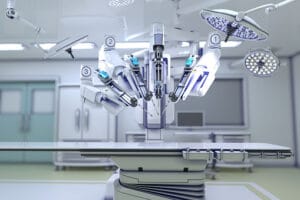
Image analysis techniques and artificial intelligence are leading to radical innovations in renal cancer diagnosis and treatment. In particular, renal cancer robotic surgery. Advanced AI algorithms and computer vision assist in detecting and classifying all kinds of renal diseases, using segmentation and contour detection. This results in improved diagnostic accuracy and enhanced personalized treatment for patients. Moreover, robotic assistance in renal surgeries has gained increased traction in both complete and partial nephrectomies. Surgical planning and 3D reconstruction based on CT and MRI images play vital roles in successful robotic-assisted kidney-related procedures
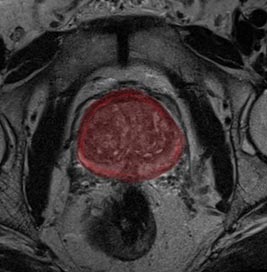
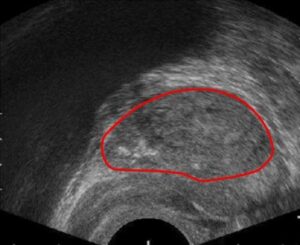
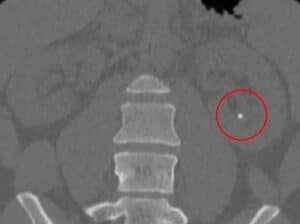
Upper gastrointestinal cancers, including esophageal cancer and gastric cancer, are among the most common cancers worldwide. However, a lack of endoscopists with colonoscopy skills has been identified and solutions are critically needed. The development of a real-time robust detection system for colorectal neoplasms is needed to significantly reduce the risk of missed lesions during colonoscopy.

Please fill the following form and our experts will be happy to reply to you soon
Subscribe now and receive the Computer Vision News Magazine every month to your mailbox
© All rights reserved to RSIP Vision 2023